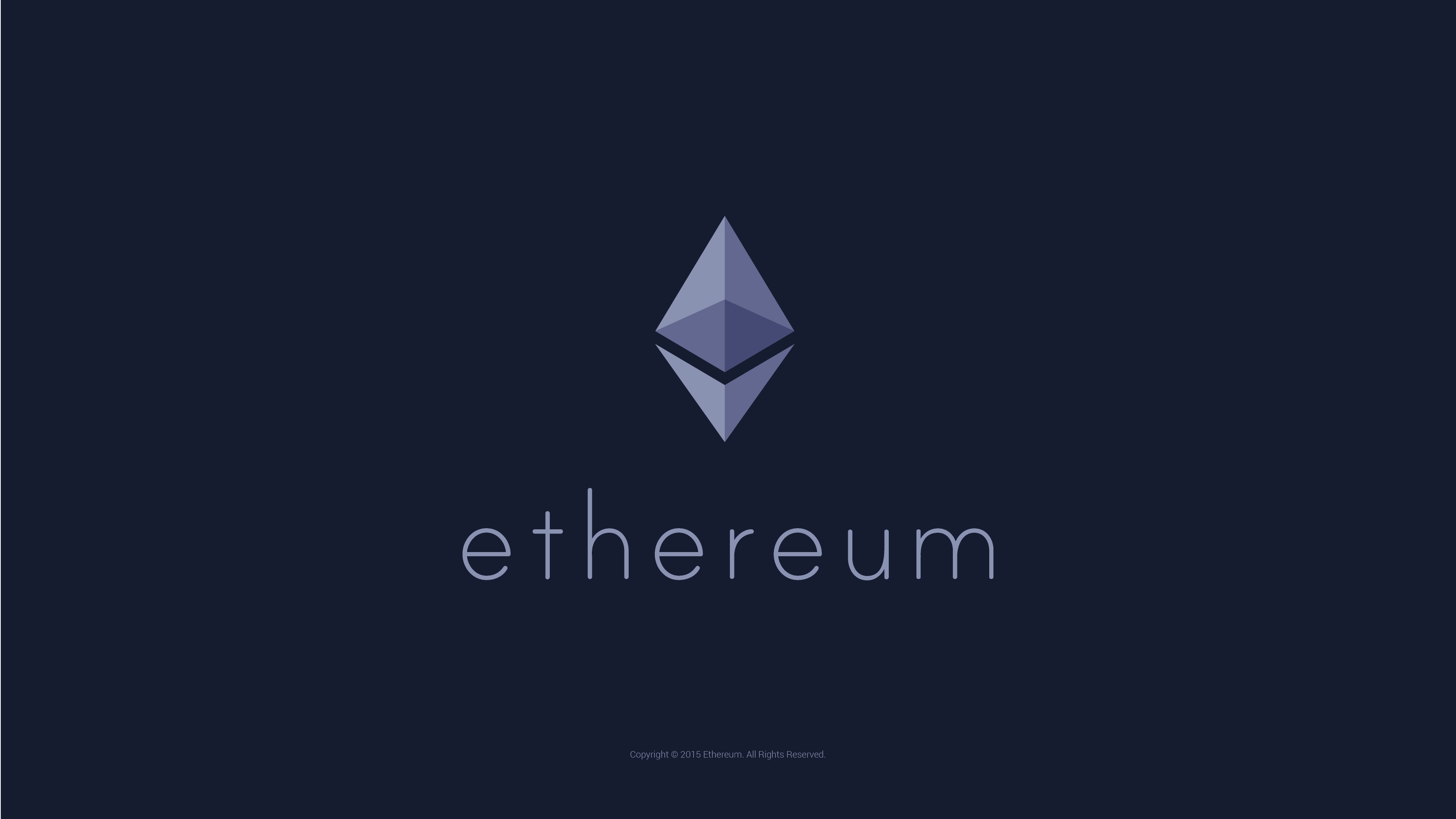
What is an ICO
- 3 minsDevelopers are moving more and more over to the Ethereum network to create DApps (Decentralized Applications). With this trend, we are seeing a surge in ICOs (Initial Coin Offerings). An ICO is a process by which a percentage of the initial supply in a new digital currency project is offered to the public. Kind of like a “pre-sale” on software rather than an IPO. There is apparently talk through some articles of how the SEC would clamp down on this activity as people are using them more as a stock than actual software/securities. Some people are saying that if you are using cryptocurrency coins like stock then they will eventually be regulated by stock.
Most of the ICOs are coming from applications/services built on the Ethereum network. Obviously, you will get a token from this company in exchange for either Bitcoin or Ether. Because the ICOs have become sort of a craze recently, Ethereum is making sure that all people looking to run an ICO must meet the ERC20 Token Standard. The tokens that an investor receives doesn’t offer any rights or actual equity in the project unless their coins start trading on an exchange. Most of the ICOs even state that you can’t get coins back if the project fails. The idea that developers are using is that it gives themselves a platform to showcase their product and possible Whitepaper. By doing so, it will gain some followers or investor interest with the token sale.
Yet, there is also a lot of talk about people using these ICOs as scams. Honestly, I feel like it is smart and a good way to make money fast for products/services that are actually real and could bring something to the blockchain/crypto industry. Especially, if they are looking to utilize blockchain with tokens and actually allow those tokens to be traded on a notable exchange. But on the other hand, one could make up some random coin, make a fake website talking about this huge project with a corresponding fake whitepaper and make tons of money in Bitcoin or Ether based off of ill-informed people trying to get into cryptocurrency.
As the trend is growing, we are even starting to see nested ICO contracts within Ethereum’s smart contract design. The other side of this, is how developers use Solidity programming language to write these smart contacts, thus they can set the conversion rates for ICOs. If the contracts and tokens meet the ERC20 standard, then they can state conversion in their code base. For example, recent offerings such as the Status Token, Civic, and Aragon all had relatively different conversions. Status was 10,000 SNT per 1 ETH. Aragon was priced at 0.01 ETH and Civic was USD 0.10 per token. The idea behind creating your own conversion/transfer for these tokens puts a lot of incentive in the developers on how much they want to make and profit off of these ICOs. Yet, people don’t even realize that they could be buying into a project that might not ever make it onto an exchange.
Also, because these tokens are not Etherum coins, do they even need to think about the use of GAS consumption? (GAS is a denomination of ETH for computing smart contracts - each contract/line of code has a cost associated to it based on its efficiency and other factors) Because these tokens and DApps are being developed on the Ethereum network, then they still use GAS. I will add more information to this post as time progresses. Stay tuned!
Related Posts
